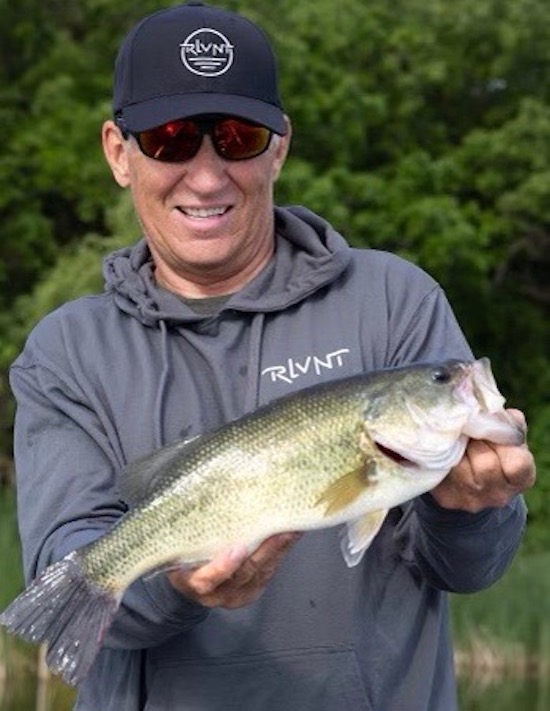Let's Talk Fishing!

Let’s Talk Fishing!
By Mike Frisch
Let’s talk fishing. Recently, I met an intelligent, insightful lady who reminded me that the basics (the fundamentals if you will) of any activity are key to success. With that in mind, this blog will be a review of some fishing fundamentals that are, and always will be, important to angling success!
The first fundamental is the importance of locating fish. At every School of Fish class I teach, the statement, “you have to put your bait in front of fish in order to catch one” is made. That sounds simple. Yet, sometimes I think that we, as anglers, get so caught up in new lures, new lure colors, and other “gadgetry” that we forget that the prettiest lure or most expensive rod/reel combination won’t catch fish if there are none around.
For that reason, School of Fish classes focus on teaching students to find “fishy” areas and the importance of moving to new spots when fish aren’t “biting.” I say “biting” a bit tongue in cheek because I believe there are always some fish willing to bite, we just don’t always find those biters!
Finding fish is key, but so is mastering the basic fishing skills used to catch them. Fishing skill development is something that gets much less attention than some trendy lure or a new technique. For example, I often hear people say, “we pitched jigs and minnows too but we didn’t catch any” when their neighbor caught walleyes and they didn’t.
Fishing a jig and minnow successfully is one technique that requires skill development that happens over time. Time on the water spent pitching and retrieving a jig that is. Knowing the right jigging cadence the fish want on a particular day, developing the ability to make the jig fish at that cadence, and then having a sense of feel for when a fish bites are just some of the fundamentals important to successful jig fishing. And, that knowledge, skill, and sense are developed and honed over time. The reason some folks catch more fish than others when pitching a jig has more to do with skill developed from time on the water and attention to detail than it does with jig color or particular fishing line being used.
Developing the ability to find fish and the skills needed to catch them are important fishing fundamentals. The last topic to discuss here (and one intertwined with the previous two) involves the importance of spending time on the water and honing your fishing instincts.
Time on the water gives you experience locating fish, hours to practice and master skills, and it also allows an angler the time to develop that “sixth sense” if you will, the instincts that veteran anglers develop from hours and hours spent on the water.
For example, recently I was heading to a fishing spot A and, while passing spot B, I suddenly was “drawn” to spot B. Time on the water has taught me that trusting my gut is important. So, I abandoned my plan and, instead, turned the boat toward spot B. As we pulled off plane, I told my guide clients, “I’m not sure why, but something tells me there’s some biters here.”
Six casts and five bass later, my instincts were proven correct. Certainly, trusting my instincts doesn’t always work, but the more time I spend outdoors, the better my instincts become, and the more successful I become as well.
You want to catch more fish this summer? Master the fundamentals by becoming your own “fish finder,” honing your fishing skills, and trusting your instincts. But above all, spend time on the water!
As always, enjoy your time in the woods and on the water and remember to include a youngster in your next outdoors adventure!
Mike Frisch hosts the popular Fishing the Midwest TV series. Frisch also is a co-founder of School of Fish, one of the country’s premiere fishing education programs. Visit www.fishingthemidwest.com to learn more about Fishing the Midwest and School of Fish.
Photo – Mike Frisch followed his fishing instincts to help catch this largemouth bass!

